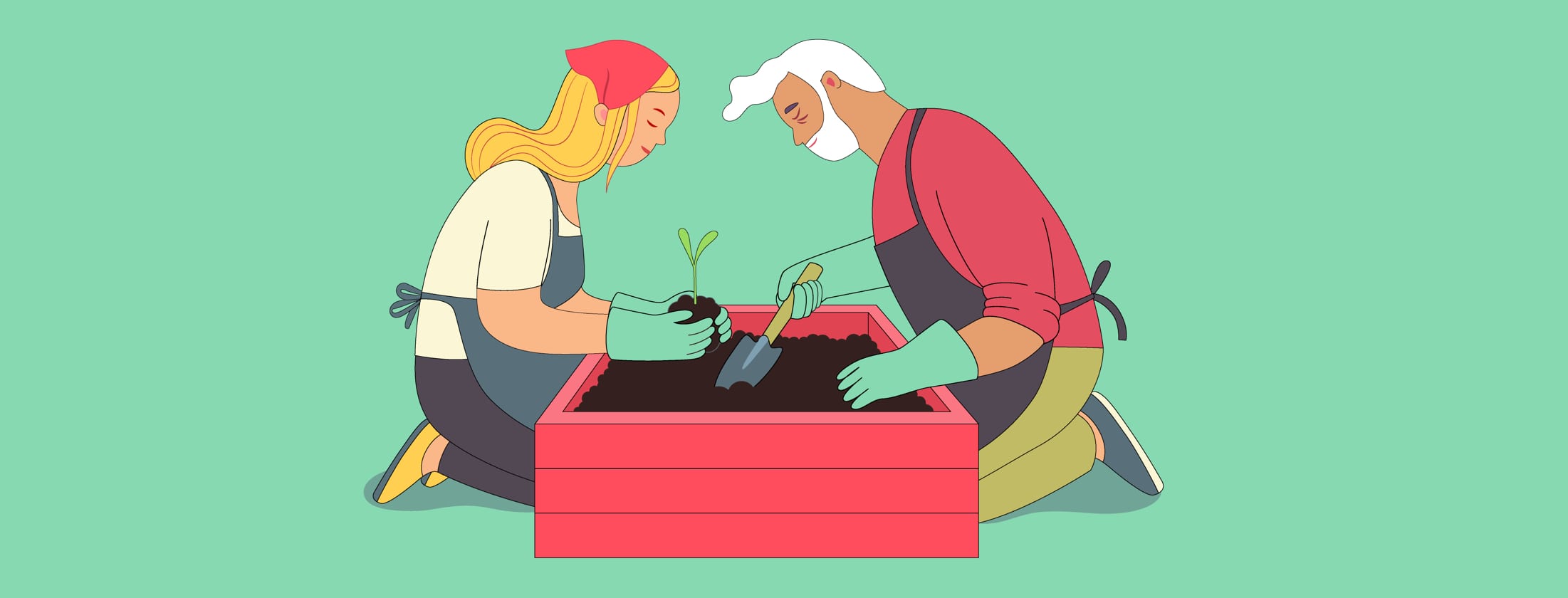I Am a Caregiver!
I’ve shared nine pieces about the beginning of my grandfather’s journey with bladder cancer. The scary times, hospital issues, rehab, coming home and life adjustments. To be honest, I’m not the one who has been impacted the most since he came home. It’s been everyone who lives in the house, which includes my grandmother and both of my parents – my mom takes the brunt of the caregiving duties. It only seems fitting to end this series with getting HER perspective:
I don't want to be a caregiver, but I am
I AM A CAREGIVER! There, I said it. I don’t want to be a caregiver or even like being one, but a year and a half ago my now 83-year-old father had his bladder removed due to cancer. He & my mother moved in with my husband & I after Dad was diagnosed. I never wanted to be in the healthcare profession. As a teen, I was a candy striper at the local hospital. It convinced me that is was a career I didn’t want to pursue. My father’s mother was a registered nurse back in the day when nurses wore white tip to toe, white hat, white dress (no pants), white stockings complete with garter belt and white shoes. Not for me! Not even interested! Then, dad got cancer, and I had to change. It was hard enough having my parents move in with us, but we weren’t prepared for everything that followed.
Driving, time off work, and rearranging schedules
We live in small-town U.S.A. and Dad’s urologist/oncologist was an hour’s drive away. Sometimes, when he had blood in his urine, we would take him to the local hospital, but they were limited in how they could help him, so we would make the hour drive to his doctor. After a year and a half of this, we finally got a urologist in our town, whom we like very much but his resources were limited also. The time had come when Dad’s bladder had to come out, and he had to be referred to a specialist in the big city which was over an hour away. That meant more driving, more time off of work and rearranging schedules and appointments. It became a group effort for my family.
He didn't recover well from surgery
Dad didn’t recover well from surgery or for a while afterward. His ostomy was fine. He developed a terrible case of Sundowning, which lasted for about six weeks post-surgery. We had no idea what Sundowning was, but the nurses did! It caused dad to battle us, pull cords and lines that he shouldn’t and talk to people who weren’t there. After a week in the hospital, he went to rehab for six weeks where he just slept and barely functioned. There were a lot of urinary accidents, as well while we were all learning how to deal with an ostomy. He finally started to get better when he came home and could be with his cats.
We have to laugh
Once he started to get better, he was determined to be self- sufficient. He learned to empty and change his own ostomy bag. He was also tired of sitting around the house so he would walk down our long drive-way to get his newspaper. That was his physical therapy. It was almost six months before he could drive again, but he doesn’t drive far, just to Walmart to get cat food, to the Post Office and home again. He can microwave his own breakfast and lunch but strolls into the kitchen every evening at 5:30 to see what’s cooking for dinner. My Husband and I have to laugh at the things that used to drive us crazy. If we don’t laugh, we will start crying, and there IS crying in caregiving. Blood and pee don’t bother me as much anymore. I guess I have gotten used to things that used to disgust me.
You don't have to fit into a "caregiver mold"
“Caregiver” is not a term that was used when my grandmother the nurse was alive. It means many different things to many different people depending on your personalities and circumstances. Some people accept the role willingly and some reluctantly. I am the reluctant one. Seek out support when you need help, even when it seems like a small request. Ordering take-out food or sneaking out of the house for retail therapy doesn’t make you less of a caregiver. Let your parent do what they can for themselves when they can. I don’t know what each day will bring or how much longer this will go on. I have siblings that don’t help out at all. That is the elephant in the room. A lot of caregivers have that story, but I have other siblings that do help out and as a result, I have grown closer to them. Don’t feel you have to fit into a certain “Caregiver Mold”. You have a caregiver story that is uniquely yours. I would love to hear it.

Join the conversation